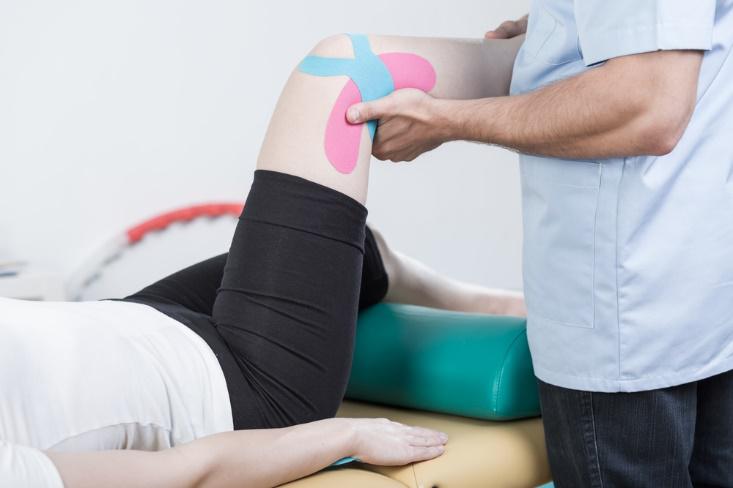When to Worry About Low Back Pain

The simple fact is that 80% of adults will experience back pain at some point in their life. The reason is often related to sitting too much, although it can also be caused by sports injuries and other accidents.
Back pain can be annoying, making it difficult to do the regular activities you enjoy. It can also be deliberating, leaving you unable to do even the most basic of activities. While mild cases can be managed with painkillers and will usually get better with rest, serious cases will need professional help, including surgery. Fortunately, there are plenty of minimally invasive spine surgery procedures that can help.
But, perhaps the biggest issue is knowing when you need to worry about back pain and when it’s likely to get better by itself. If you type your symptoms into the internet you’re probably going to discover your dying and have at least a dozen different diseases.
Here’s when you do need to worry about your back pain:
Chronic Back Pain
This is a serious condition that can really affect your quality of life. But, the good news is that this is rarely a dangerous condition. The pain is likely to make life difficult or even unbearable. But, it is unlikely to kill you.
Of course, there are rare cases when this does happen so it is best to get an expert opinion if your back pain hasn’t eased within a few days.
In the vast majority of cases back pain is not serious, but, on the rare occasion, it can be a sign of one of the following issues:
-
Cancer
If the pain is growing steadily and your position doesn’t seem to affect the pain you could have cancer. This is likely to be accompanied by a general feeling of being unwell.
-
Cauda equine syndrome
This pain is caused by the spinal cord being pinched. You are also likely to find it is hard to pee, suffer from fecal incontinence, weak legs, and numb groin. The cause of this can be ruptured discs, cancer, infection, or even trauma.
-
Spinal infection
Infection is very hard to spot although you may start to develop tender spots. Eventually, you’ll feel deep pain and may experience a fever. It’s much like any other infection except the throbbing is at the base of your spine.
-
Abdominal aneurysm
If the artery next to the spine starts to balloon you’ll find it puts pressure on the spine. It will be most noticeable by a throbbing pain. This is most likely to occur in older people, especially those at risk of heart disease or heavy smokers.
Perhaps the most important thing to remember when you experience back pain is that the more severe the pain the more likely it is to not be serious. But, any pain that lasts for more than a few days should be taken seriously. A spine and brain specialist will be able to analyze the issue, find the cause, and help you to find the best solution.

